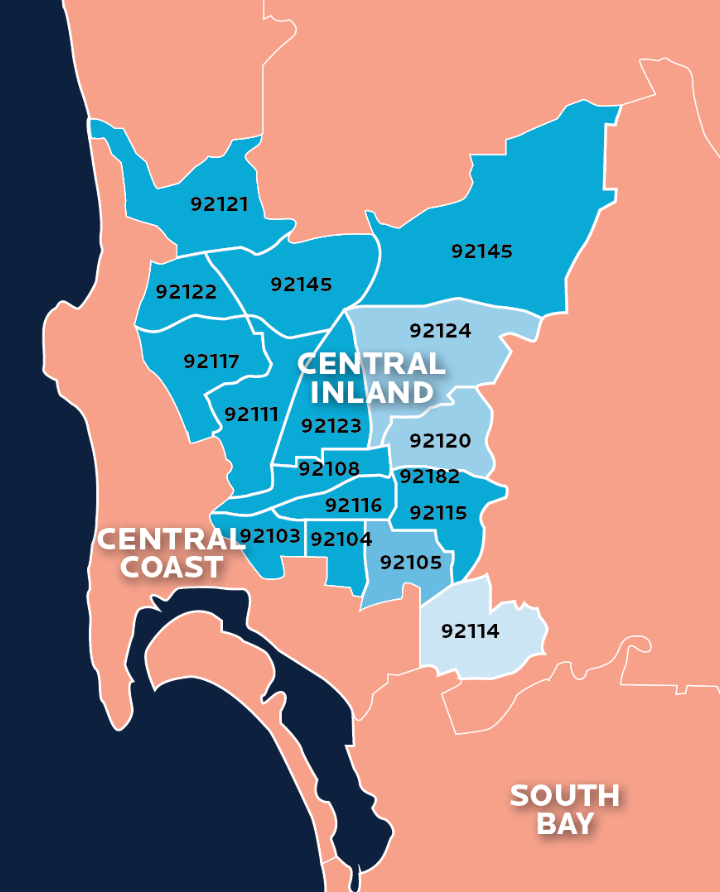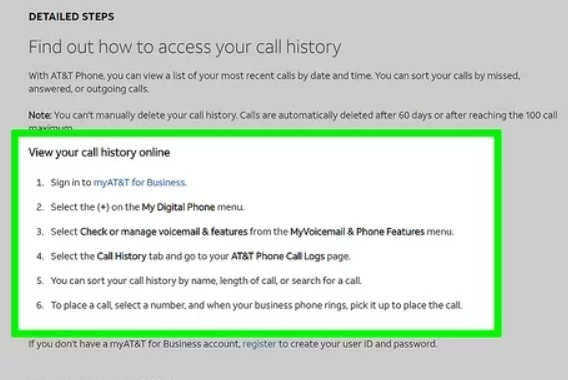Access to birth control is essential for reproductive health and autonomy. While traditionally obtained through a doctor’s prescription, there are now alternative ways to get birth control pills without a doctor’s visit. This article will explore the various methods, their pros and cons, and important considerations.
Contents
Why Consider Getting Birth Control Pills Without a Doctor
- Convenience: Visiting a doctor can be time-consuming, especially for those with busy schedules or limited access to healthcare.
- Privacy: Some individuals may prefer to keep their birth control use private.
- Cost: Doctor visits and prescription medications can be expensive.
- Accessibility: In some areas, access to healthcare providers may be limited.
Methods to Get Birth Control Pills Without a Doctor
1. Online Birth Control Services
Several online platforms offer birth control pills without requiring an in-person doctor’s visit. These services typically involve:
- Online Questionnaire: You’ll complete a comprehensive health questionnaire about your medical history and current medications.
- Online Consultation: A licensed healthcare professional will review your information and determine if birth control pills are appropriate for you.
- Prescription and Delivery: If approved, a prescription will be issued, and the pills will be delivered to your doorstep.
Pros:
- Convenient and discreet
- Can be less expensive than traditional doctor visits
- Often offer a wider variety of birth control options
Cons:
- May not be covered by insurance
- Not available in all states or countries
- May not be suitable for everyone, especially those with complex medical conditions
2. Over-the-Counter Birth Control Pills
In some countries, certain types of birth control pills are available over-the-counter (OTC) without a prescription.
Pros:
- Readily available at pharmacies and drugstores
- No need for a doctor’s visit
Cons:
- Limited options compared to prescription pills
- May not be covered by insurance
- May not be suitable for everyone
3. Pharmacist Prescribed Birth Control
Some states allow pharmacists to prescribe birth control pills under certain conditions. This usually involves:
- Consultation with the Pharmacist: You’ll discuss your medical history and current medications with the pharmacist.
- Assessment: The pharmacist will assess your eligibility for birth control pills based on your information and any relevant guidelines.
- Prescription: If eligible, the pharmacist will issue a prescription for birth control pills.
Pros:
- Convenient and accessible
- Can be less expensive than a doctor’s visit
Cons:
- May not be available in all states
- May not be covered by insurance
- Pharmacists may have limited prescribing authority compared to doctors
4. Community Health Clinics
Many community health clinics offer low-cost or free birth control services, including pills, without requiring a traditional doctor’s visit.
Pros:
- Affordable or free
- Often cater to underserved populations
- May offer additional reproductive health services
Cons:
- May have limited hours or availability
- May involve longer wait times
- May not offer a wide variety of birth control options
5. Planned Parenthood
Planned Parenthood is a non-profit organization that provides reproductive health services, including birth control, at reduced or no cost.
Pros:
- Affordable or free
- Confidential and non-judgmental
- Offers a wide range of birth control options
Cons:
- May have limited availability in some areas
- May involve longer wait times
- May face political and social opposition
Important Considerations When Getting Birth Control Pills Without a Doctor
- Medical History: Be honest and thorough when providing information about your medical history and current medications.
- Side Effects: Understand the potential side effects of the birth control pills you’re considering.
- Effectiveness: Choose a birth control pill with a high effectiveness rate that suits your needs.
- Follow-up: Even if you don’t see a doctor initially, it’s important to schedule regular check-ups to monitor your health and address any concerns.
- Emergency Contraception: Have a plan for emergency contraception in case of unprotected sex or birth control failure.
Conclusion
How to get birth control pills without a doctor has become increasingly accessible through various methods. These options provide convenience, privacy, and affordability, empowering individuals to take control of their reproductive health. However, it’s crucial to make informed decisions, consider your medical history, and prioritize your well-being. If you have any concerns or questions, consult a healthcare professional for personalized advice. Remember, access to birth control is a fundamental right, and these alternative methods are helping to break down barriers and ensure that everyone has the opportunity to make informed choices about their reproductive health.
Read More: Does Mutual of Omaha Cover Medicare Deductible? A Comprehensive Guide





